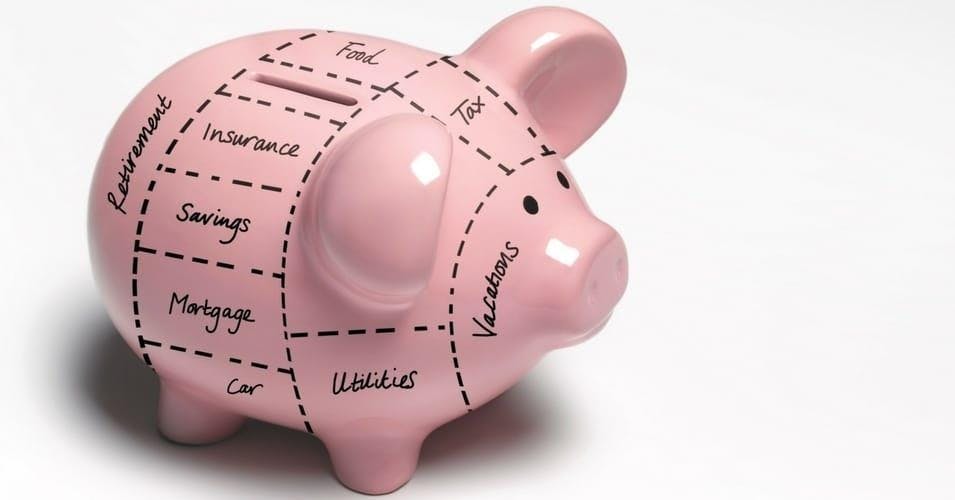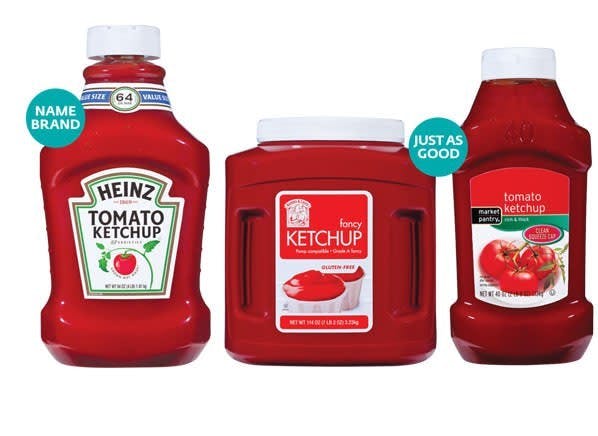Smart Strategies for Transforming Your Lifestyle and Boosting Savings in 2024
09.11.2023 by Paul H

Date: 09th November 2024
Achieving financial stability in 2024 isn't just about trimming expenses; it involves reshaping your lifestyle and mindset toward money. Often, seemingly minor decisions can have a significant impact on your finances. Let's delve into some practical strategies that can revolutionise the way you think about and manage your money.
- Budget Wisley: Create a realistic budget tailored to your lifestyle. Avoid setting overly stringent budgets that are challenging to maintain. Consistent adherence to your budget is key to financial success.

- Monthly Payments vs. Yearly Expenses: Reconsider your monthly payments. Small changes, like switching from a £50 monthly mobile phone contract to a pay-as-you-go SIM for £25, can save you £240 annually. These seemingly insignificant adjustments can add up significantly over time.
- Quality Over Cheap Buys: While opting for cheaper items might seem like a money-saving strategy, investing in higher-quality goods can be more cost-effective in the long run. Don't just chase brand names; focus on durability and functionality. Spending a little more on items like a washing machine can save you from frequent replacements.
- Second-Hand Shopping: Smart second-hand purchases can save you money, especially for items like laptops, TV’s or even a washing machine. Research thoroughly and ensure the product is in good condition. However, be cautious and compare prices; sometimes, new products might be cheaper than second-hand ones.

- Consider Moving to a Cheaper Area: Relocating to a more affordable area can significantly reduce your cost of living. Evaluate the impact on your social life, work, and daily commute before making a decision.
- Focus on Significant Savings: While saving on small items is essential, significant savings come from making wise choices on big-ticket items. Prioritize discounts and deals on larger purchases to maximize your savings.
- Maintain a Money Diary: Keeping track of your expenses helps identify overspending areas. Maintain a diary or use budgeting apps to monitor your spending habits effectively.
- Limit Impulse Buys: Plan your grocery shopping weekly with a list. Shopping less frequently reduces impulse purchases and helps you stick to your budget.
- Involve Your Partner: Work together with your partner to align financial goals and spending habits. Joint efforts can lead to substantial savings and strengthen your relationship.
- Review Direct Debits: Regularly assess your Direct Debits and cancel non-essential subscriptions or services. This step prevents unnecessary money outflows.
- Use Cash Budgeting: Allocate a fixed cash amount weekly for expenses. Physical cash makes you more aware of your spending, encouraging frugality.
- Cultivate Minimalism: Prioritise essential purchases over materialistic desires. Appreciate the simplicity in life and find joy in experiences rather than possessions.
- Pay Off Loans Promptly: Clear loans swiftly to avoid accumulating interest payments. Paying more than the minimum amount reduces the overall repayment period. A good example of this might be to switch and save your expensive payday or high costs to loan to a Logbook Loan from LoanOnYourCar.co.uk and take advantage of a lower interest rate and make savings on your repayment.
- Switch to Store Brands: Substitute branded products with store-brand alternatives. Often, the quality is comparable, and the savings are substantial.

- Build Emergency Savings: Aim to save at least six months' worth of living expenses. This safety net provides financial security during unexpected events like job loss.
- Utilise Comparison Websites: Regularly compare insurance and utility providers using online platforms. This ensures you always get the best deals and prevents overpaying for services.
By incorporating these practical strategies into your life, you can achieve substantial savings and financial freedom. Remember, every small change adds up, and with determination and discipline, you can transform your financial future.
END


